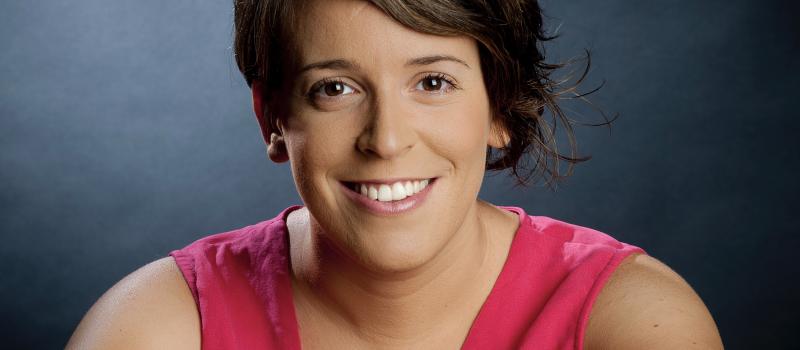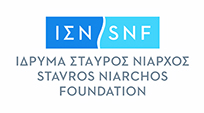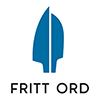
MADRID - Secret revealed: Mar Cabra, data editor at the International Consortium of Investigative Journalists, has been on the Journalismfund.eu jury for the last four years, making decisions on the grant applications.
Jury names are only made public after the members leave the jury, so Mar talks for the first time about her experiences – and gives some advice.
You have been on the jury for four years. Which changes have you seen?
"One change is the importance of data – the number of applications that include a data component. Having data helps when addressing a problem systematically. You can really see the rise of data journalism in Europe through the applications.
Another change is that immigration has become such a big topic. One of the projects we funded in this period, Migrant Files, set a new standard and showed what can be done with data at a European level. And then immigration became hot with the new migrants’ routes, such as Eastern Europe. The topics of applications of course reflect the stories in the news, so it is not surprising that many have been focusing on that lately."
Are the applications of better quality now than four years ago?
"The range can be very wide between the applications, and some are very good, while others call for an immediate no. Many of the well-prepared applicants have had an advisory conversation with the Journalismfund.eu staff before applying. People shouldn’t underestimate this valuable resource and how much this can help them improve their applications."
Is there any specific project that you will remember?
"There are many, but again the Migrant Files was really a highlight as a jury member, because it set a new standard and showed success for a European data-driven investigation. I was quite new as a jury member, when we said yes, and I don’t think I anticipated how big it was going to be. It really surprised me how far they got, so kudos to the team. They really embraced the cross-border spirit.
I would advise future applicants to look at that project as a case study. It had a European issue, a cross-border team and a systematic approach, and those three were the elements of success."
Which other advice do you have for future applicants?
Then, do your research before applying – know which documents or data you can find, what has already been published on the subject, and tell us how your investigation will be different. Remember that this is also an exercise of trust – we need to trust that you have the knowledge and ability to succeed with the investigation.
Also, get good letters of intent! I think applicants should be braver and pitch their stories to the big media organisations that are established, respected and have a wide circulation in their countries. If your topic is worth the grant, it is also worth the effort of getting it into a large publication.
Remember that with these grants we try to foster connections between investigative journalists in different countries in Europe. Sometimes we get applications from individuals or from teams with all members from the same country. That is not what Journalismfund.eu is about – it is about working with others in Europe. The collaboration with other European journalists is the core of what we are trying to promote."
Several cross-border cooperations have been established in these four years. Is there still a need for Journalismfund.eu?
"More than ever! The market has more and more freelancers, and Journalismfund.eu can help these hungry people with good ideas make their investigations happen, even when they have no big media organisation behind them.
The freelancers put in a lot of their own time in applications – and we realise that there is a limit to that. I wish we could support more just the development or exploration of an idea, which is not what the grants are designed for now. However, we have been experimenting with this possibility in a few projects recently in a very successful way.
I must also say that I am sometimes disappointed with some big media organisations, which only put resources into investigations if they get money for expenses from Journalismfund.eu. They should invest more in the good stories and be more willing to take risks!"
What have you learned yourself from the jury work?
"To do budgets better! I liked assessing the budgets - I am an Excel person after all! Don’t underestimate the budget in your application, and make sure that it is easy to understand for an outsider!
More importantly, I learned a lot from the other jury members. We come from different parts of Europe and have different perspectives, and I have learned a lot about what it means to be European. I really enjoyed our discussions, and it has also kept me up to speed with what is happening in investigative journalism in other parts of Europe."
Were there surprises along the way?
"I am surprised at how much cross-border journalism has become an established trend. Four years ago, some were doing it, but there were just a few examples to point to, like the investigations we were working on at the ICIJ. Now many are working this way, which we have seen in Panama and the Paradise Papers and in Journalismfund.eu projects. People understand what cross-border means. If you had asked me 4 years ago, I would not have thought we would be here today. That is good news for both Journalismfund.eu and for us all as investigative reporters."
-----------------------------------------------------At Journalismfund.eu’s jury event on the 28th of November at 7 pm in Madrid, Mar Cabra will officially announce her retirement from the jury. Why is cross-border journalism important, and how do you get started? This will also be the topic of discussion on that day. Location: Madrid Press Association. Other Spanish investigative journalists with cross-border experience will join in the discussion.









